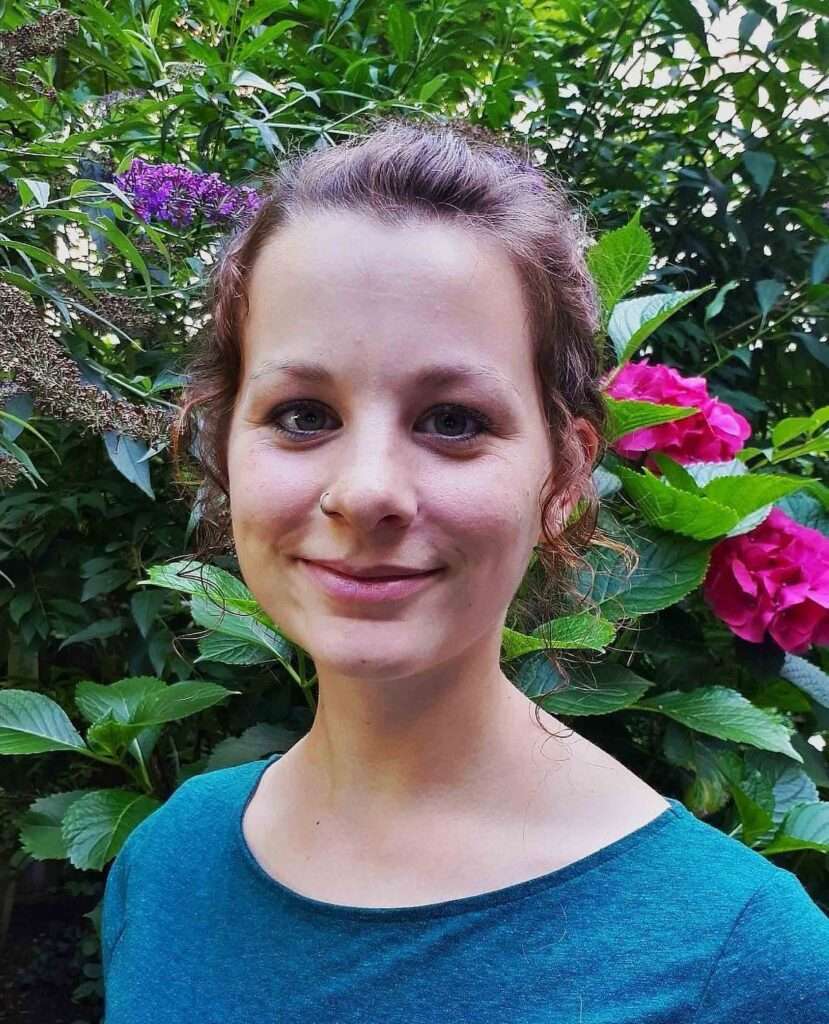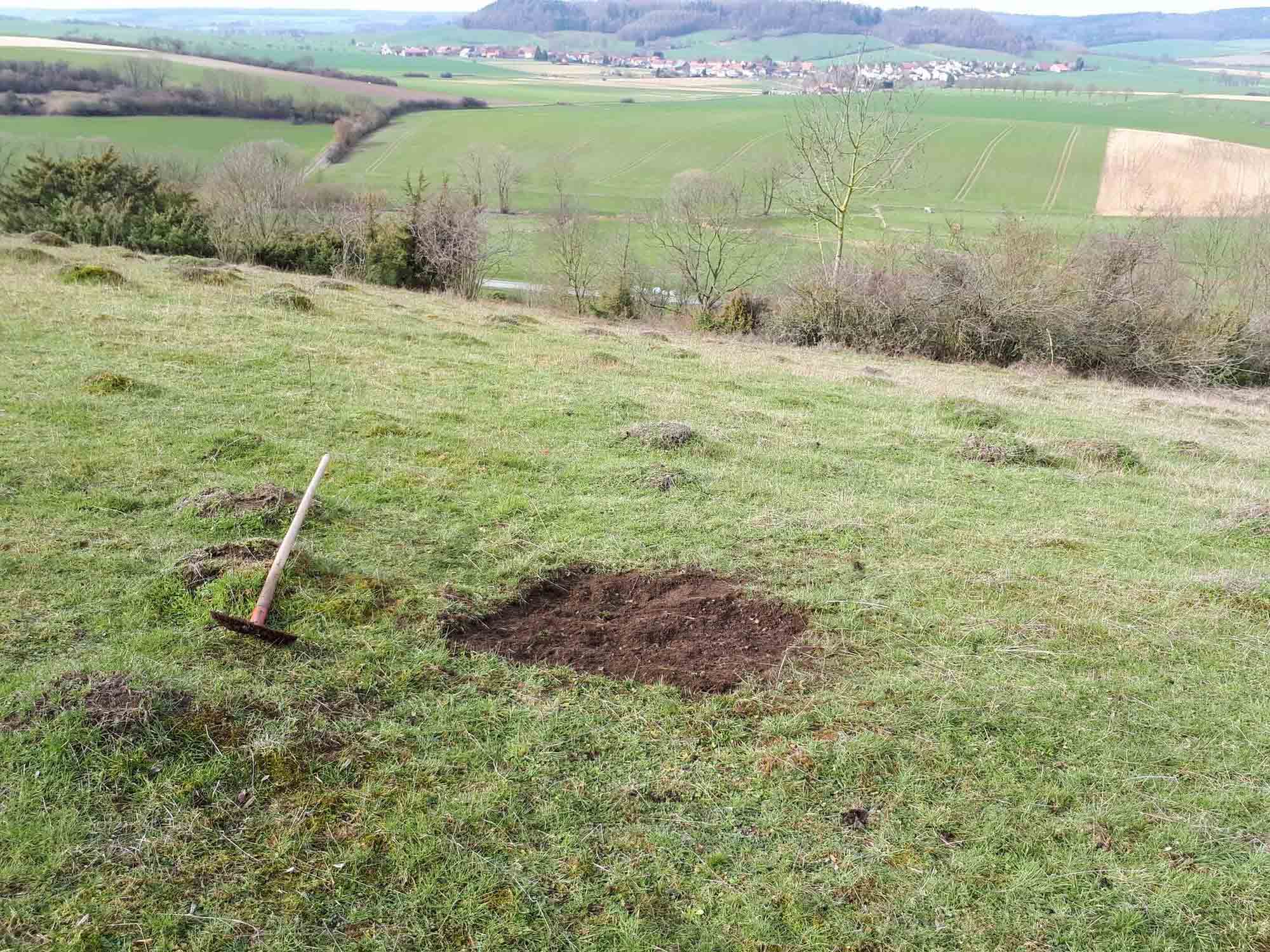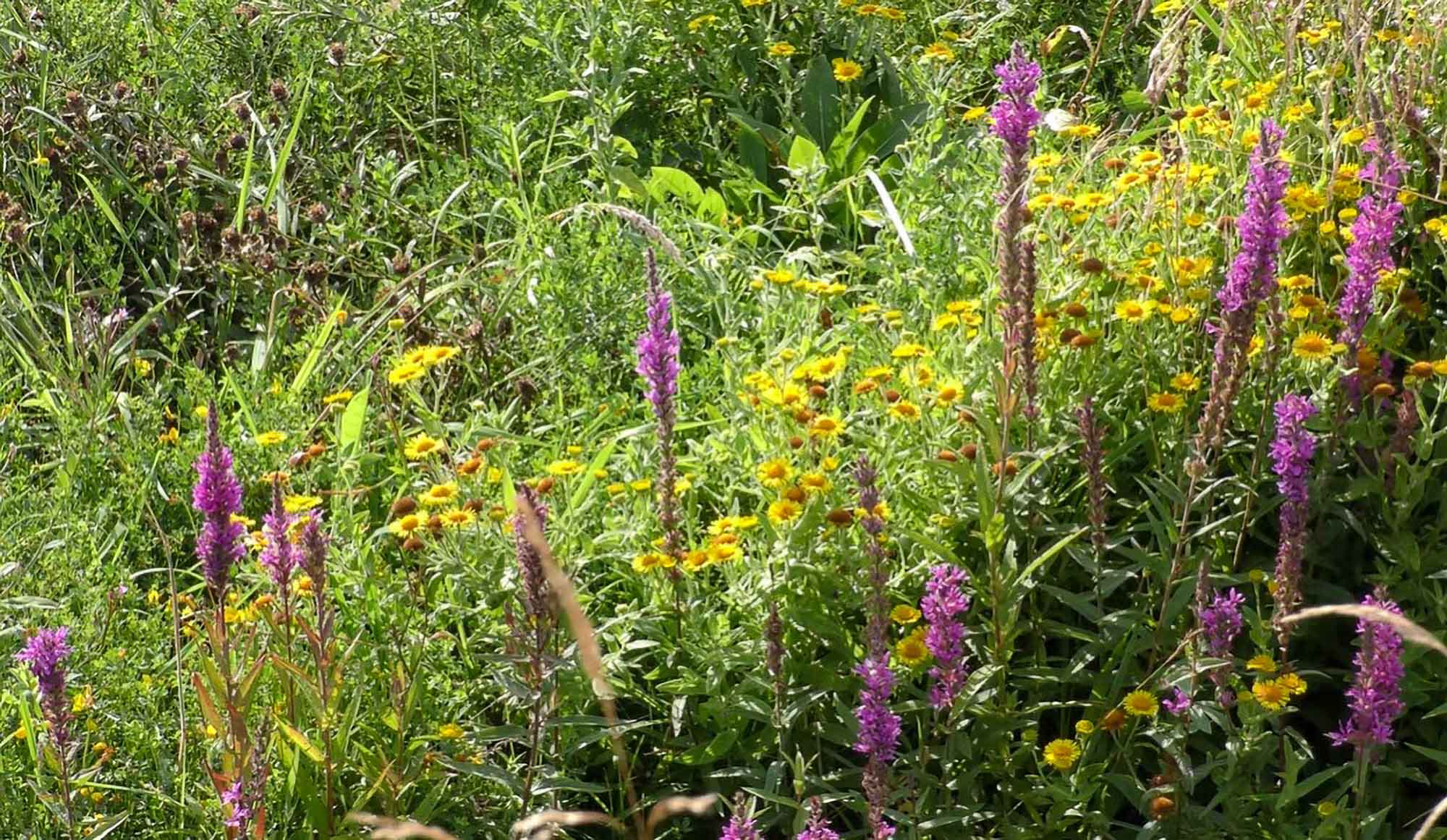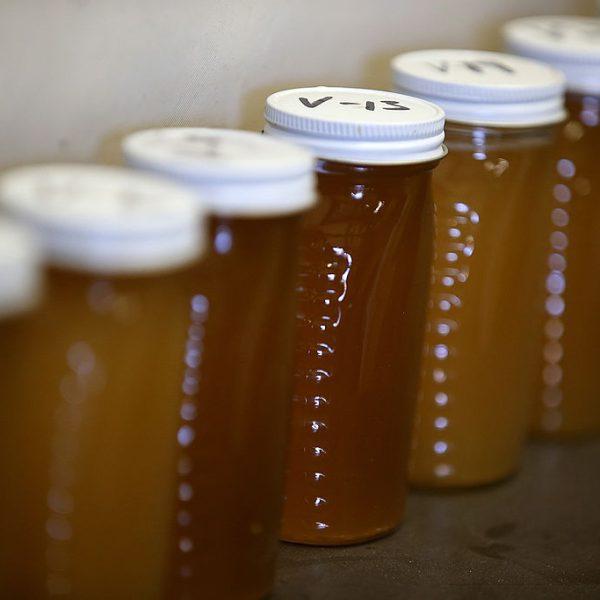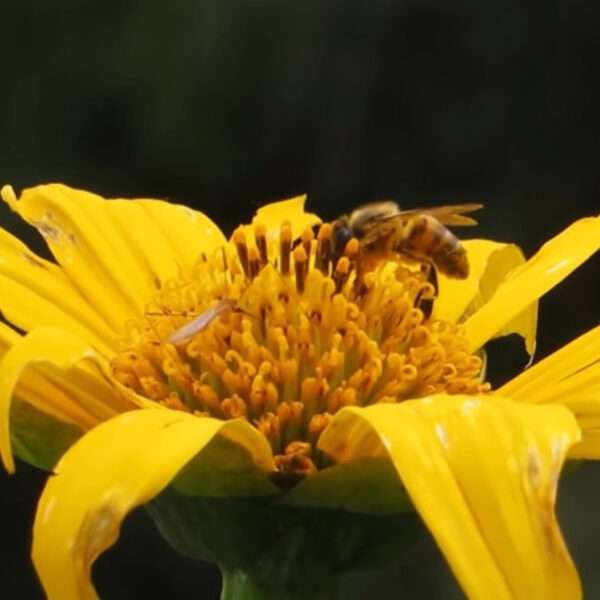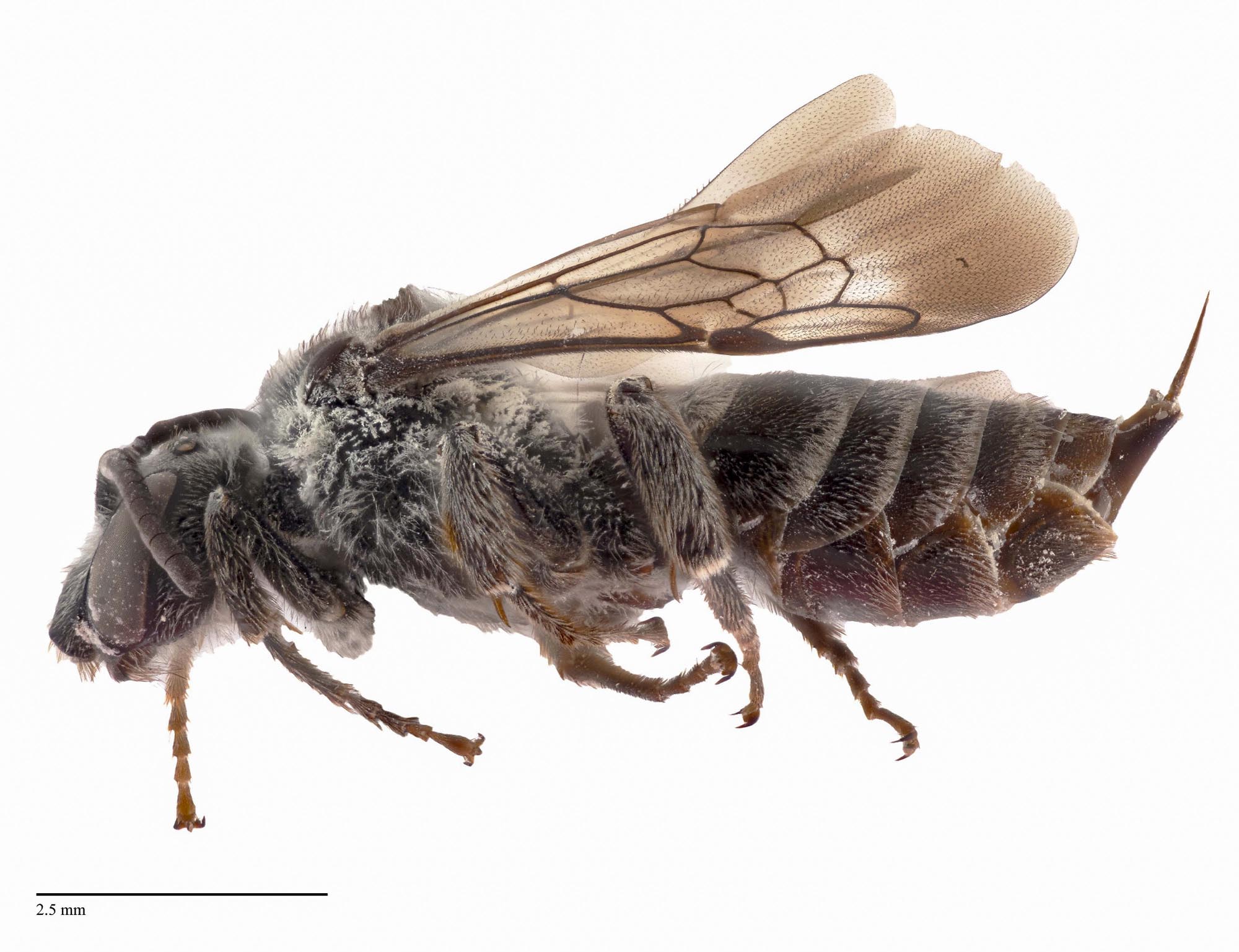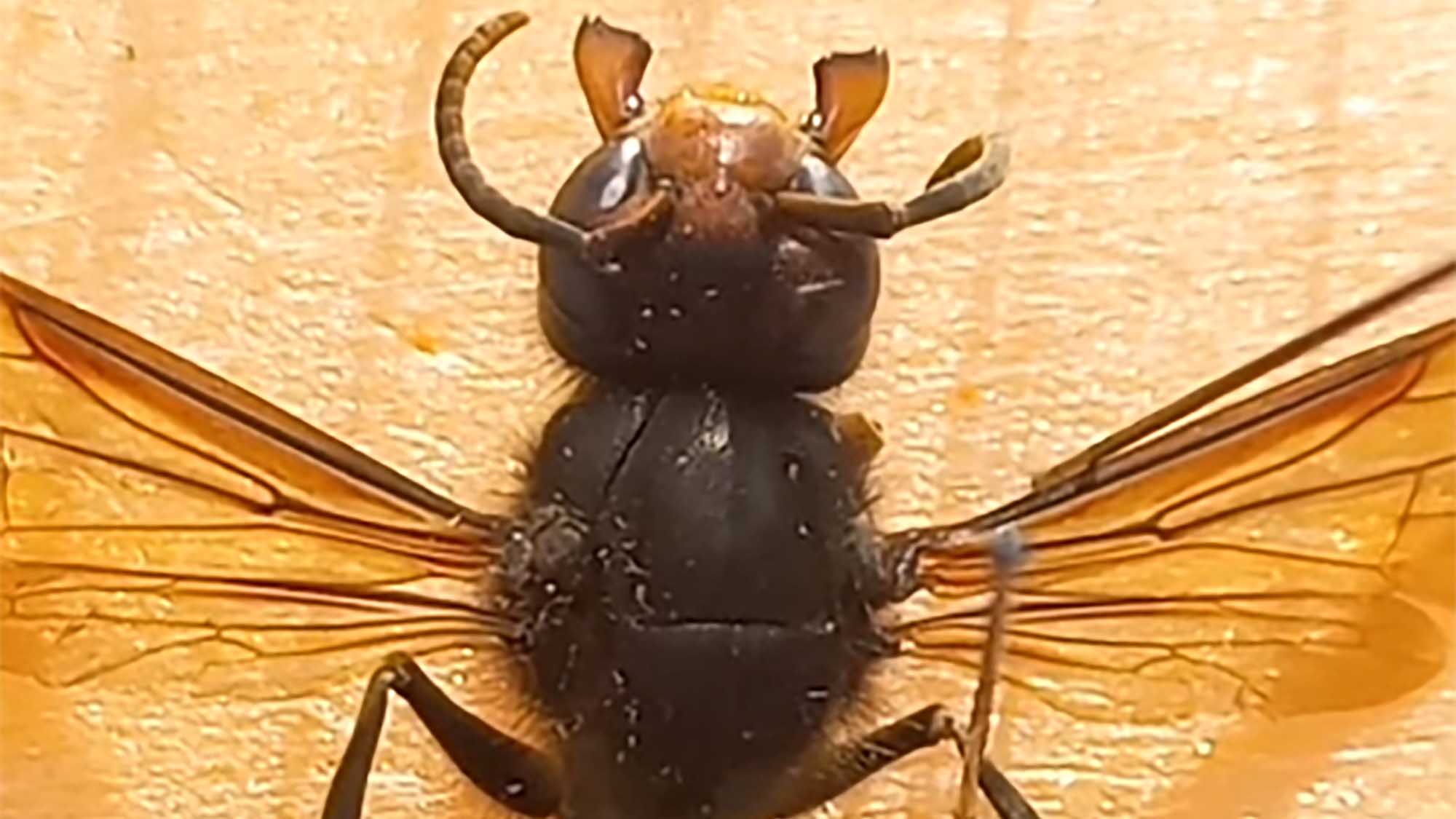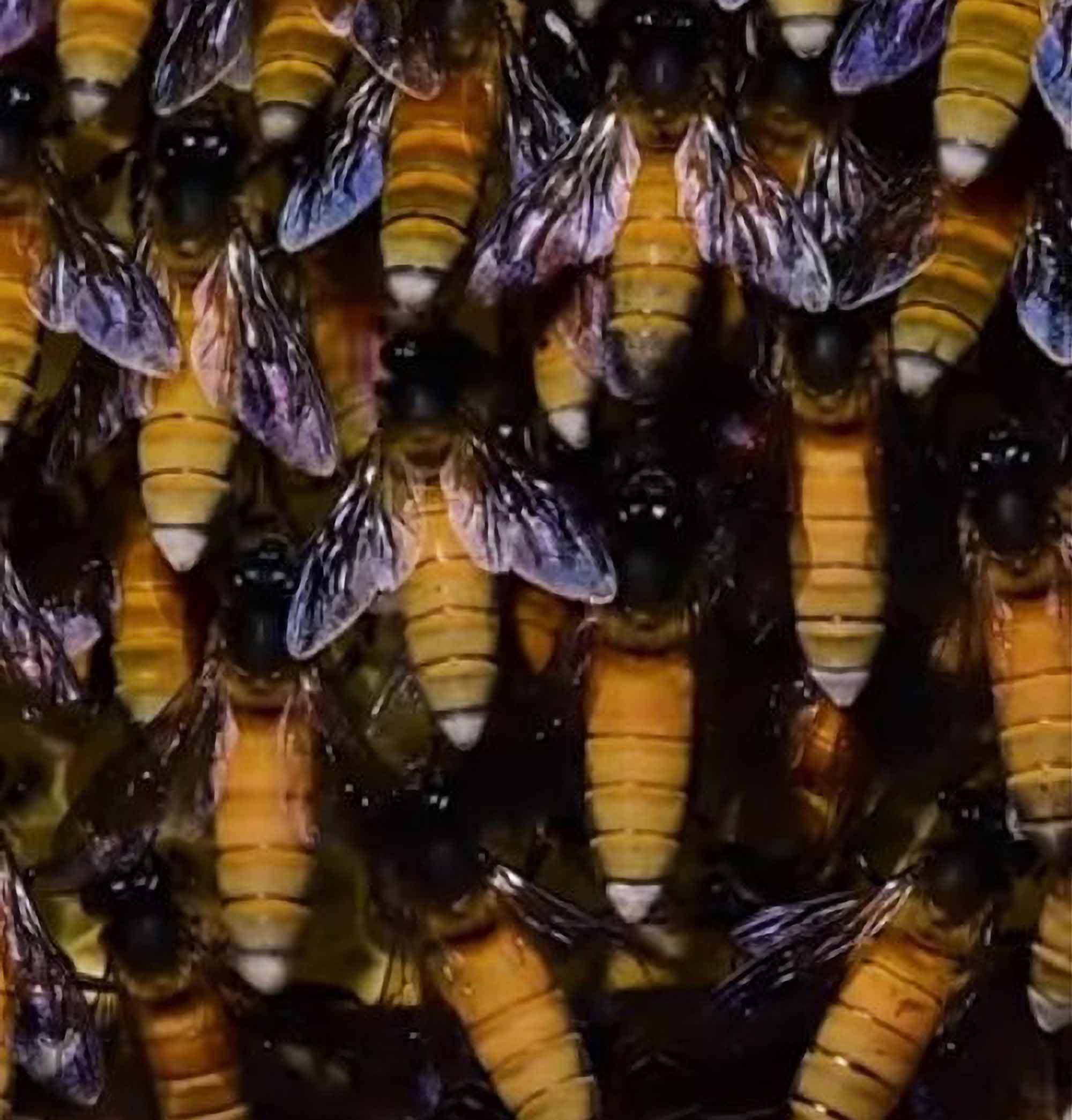Removing the vegetation on just a few small patches of soil can significantly increase the activity of a group of indispensable pollinators, researchers in Germany have found.
A study by scientists from the Functional Agrobiodiversity Group at Goettingen University, Lower Saxony, revealed that the number of bee nests was 14 times higher on the bare spots compared to control plots. The scientific evaluation also showed a higher rate of nesting activity.
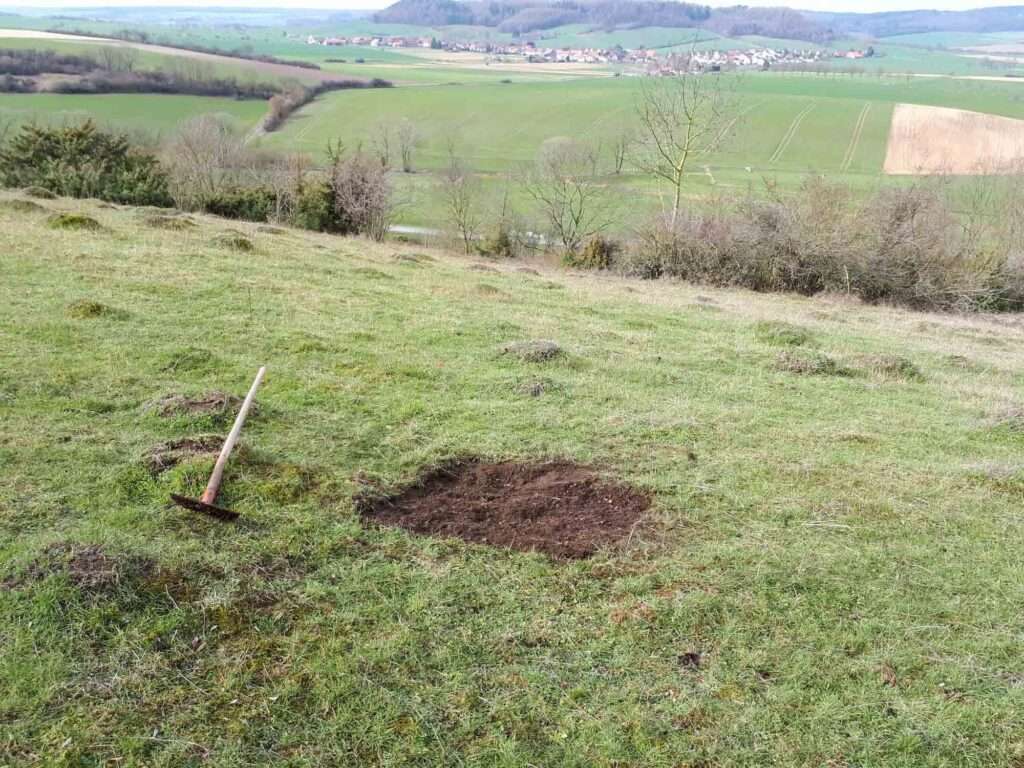
The Goettingen University experts explained that “relatively little is known about the nesting requirements of ground-nesting wild bees.”
According to the researchers, there are almost 600 undomesticated bee species in Germany of which 75 per cent nest in the soil. These pollinators are of “central importance”, the scientists said.
Speaking about their intentions, the Goettingen University researchers explained that “most of the research has concentrated on the wild bee species that nest above ground in cavities.”
The biologists chose eight calcareous grasslands outside Goettingen, a city of 117,000 inhabitants. This kind of soil normally consists of a high diversity of grasses and wildflowers.
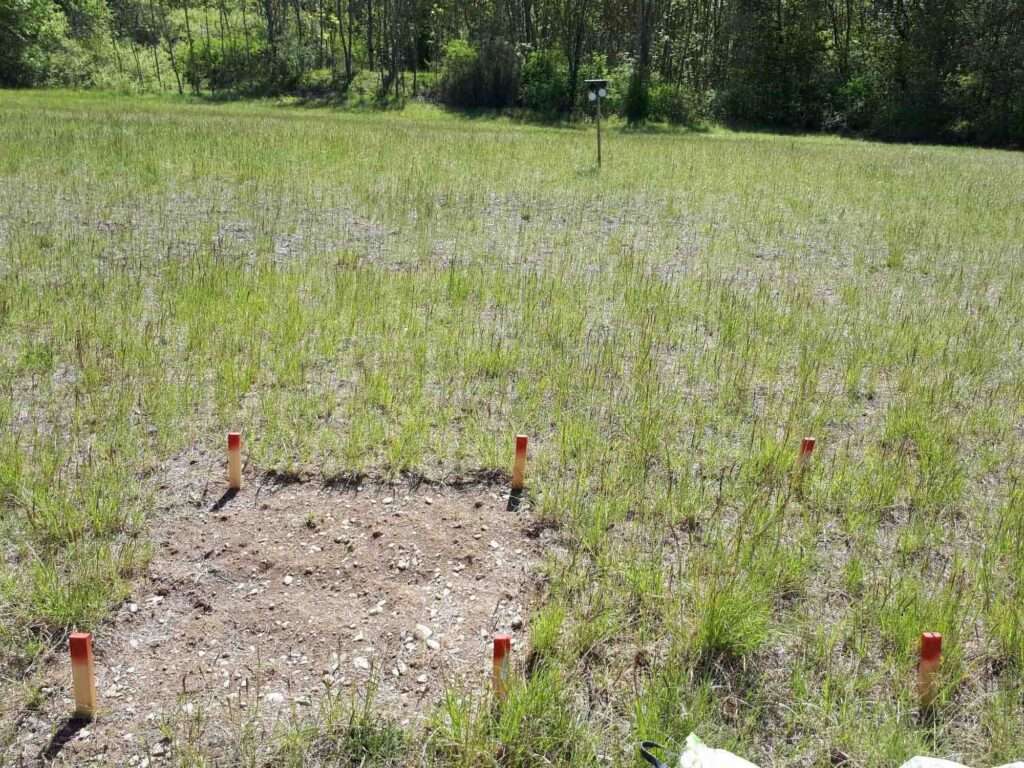
Dr Annika Hass explained: “Calcareous grasslands are one of the most species-rich habitats in Central Europe and are therefore crucial for the protection of bee diversity.”
The researchers removed the vegetation on three patches on each of the eight calcareous grasslands to determine if the ground-nesting insects preferred to build their nests in these vegetation-free areas.
The blank spots measured one square metre each and were separated by at least 30 metres.
Hanna Gardein is the first author of the study entitled “Ground-nesting bees prefer bare ground areas on calcareous grasslands” which has been published in the Global Ecology and Conservation magazine.
She said: “The patches were very quickly accepted by the bees.
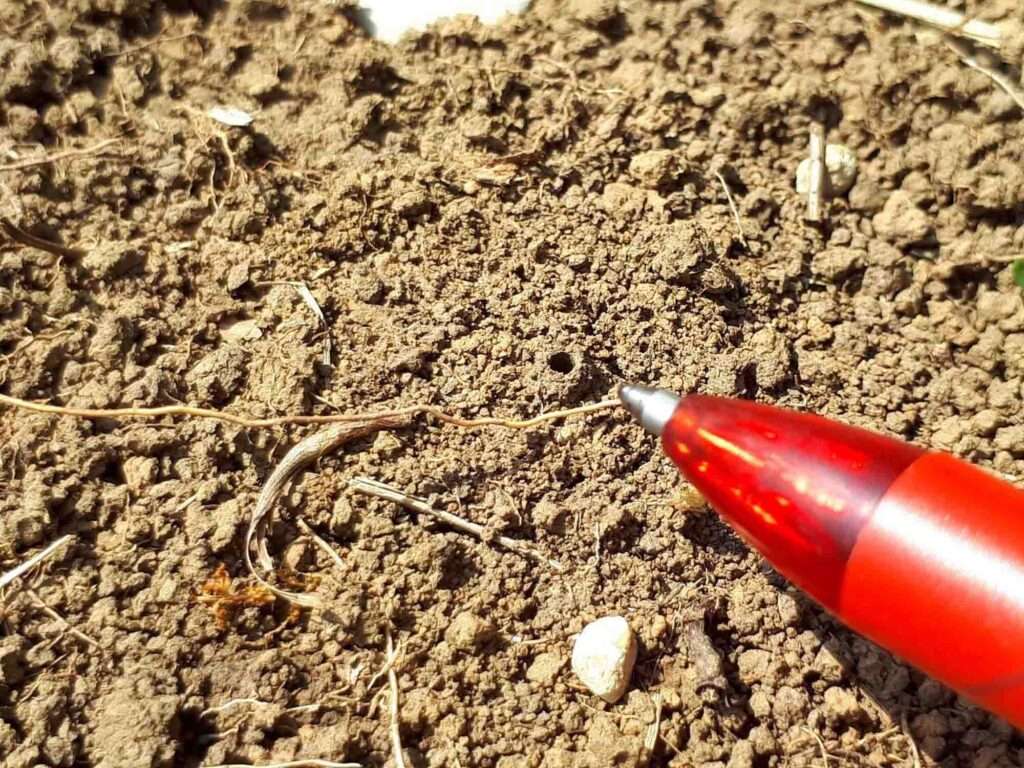
“Our study enables us to give specific recommendations for the creation of such measures: if you want to create such beneficial conditions for ground-nesting bees, you should preferably situate them on warm and steep slopes.
“Here we were able to observe a particularly high level of colonisation. The wild bees also prefer nesting sites that are directly adjacent to areas with flowering plants.”
Prof Catrin Westphal added: “Our study underlines the need to consider the availability of nesting resources in studies and projects to promote wild bees.”
Prof Teja Tscharntke concluded: “The removal of vegetation on a small scale proved to be a simple measure to implement, and this can contribute significantly to the promotion of ground-nesting wild bees.”
The Georg August University of Goettingen was founded by George II, King of Great Britain and Elector of Hanover, in 1734. It is the oldest university in the northwestern State of Lower Saxony.
